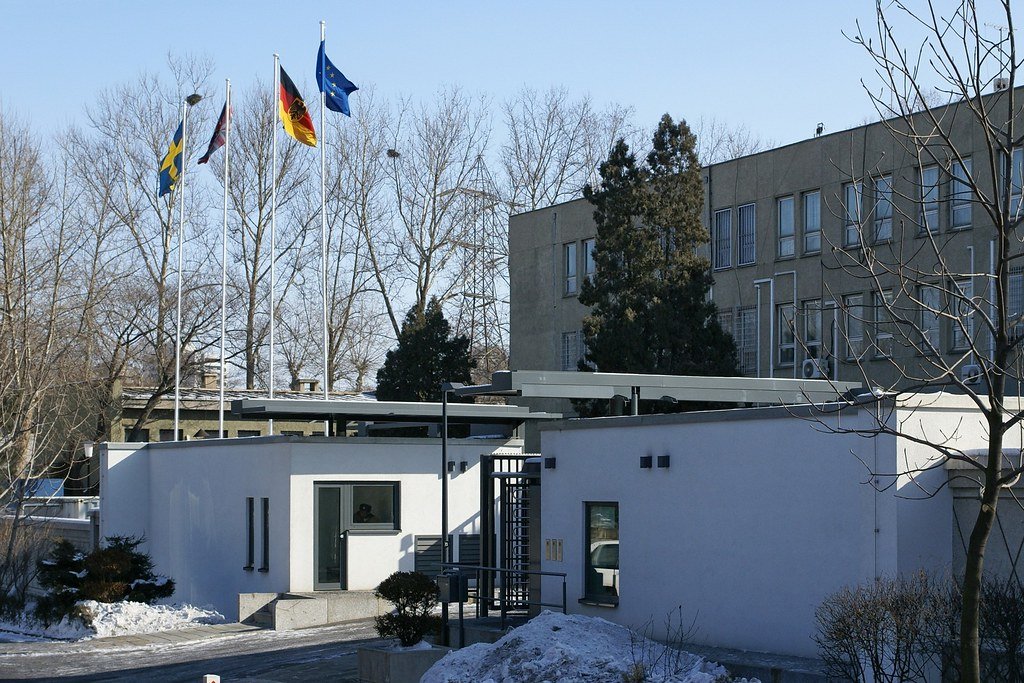Tourism to North Korea Scheduled to Resume
North Korea, after being largely closed off to the international community for four years, is starting to reopen its borders. The country, one of the first to shut its borders in response to the COVID-19 pandemic at the end of January 2020, is now among the last to welcome international visitors again. This shift began in August 2023, as North Koreans living and working abroad started returning home, signaling a gradual reopening for tourism.
On February 9th, a tour group from Russia was the first to enter North Korea since the pandemic-induced closure, visiting Pyongyang and the Masik Ski Resort. This group, hailing from Vladivostok in Russia's northeast, marks a significant step towards resuming tourism. Moreover, travel agencies in China received a notice last week, indicating a two-to-three-month preparation period for the resumption of tourism. Additionally, select members of exchange associations have been invited to attend the Day of the Sun celebrations on April 15th.
German and European Embassies in Pyongyang, North Korea
Recent developments also include European embassies preparing to reopen. Until now, only nine countries, including China, Russia, Mongolia, and Cuba, maintained functional embassies in North Korea. European embassies, closed since the pandemic's first year, are now showing signs of activity. A German delegation's visit on February 27th to inspect their Pyongyang embassy, although not guaranteeing an immediate return of staff, signals a move towards reopening.
The German delegation's visit is a hopeful indication that North Korea is moving towards reopening its borders for international tourism, aligning with its economic development goals. A return of foreign diplomats would further signify the country's readiness to welcome tourists again.
However, this isn't the first instance of North Korea indicating plans to reopen its borders to Chinese travel agencies, with a similar announcement made in 2023. The true test will be whether these plans materialize.
North Korean Women’s Soccer Team Competing in Japan
In the meantime, North Korea's engagement with the international community, such as its women's soccer team competing in Japan and the men's team preparing for next month's competition, is a positive development. Yet, humanitarian organizations, including UN entities like UNDP, UNICEF, WFP, and WHO, are still awaiting clearance to resume their on-ground activities. With approximately half of the 17 nations with diplomatic presences in North Korea currently operational and the country reducing its embassy footprint, particularly in Africa, the situation remains fluid.
With North Korea’s emphasis on economic development, it may be that humanitarian organizations will be able to enter North Korea at the same time as everyone else. If this is the case, resuming international tourism to North Korea can only serve to benefit everyone in the nation, both rural and urban areas alike.

